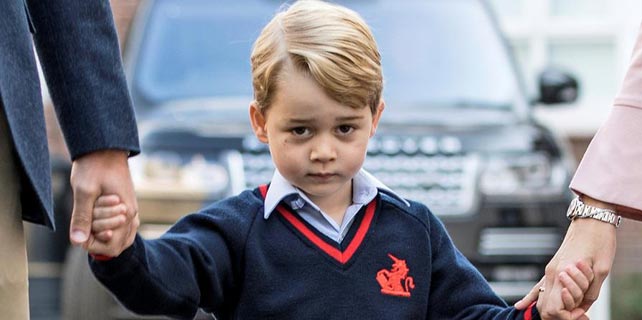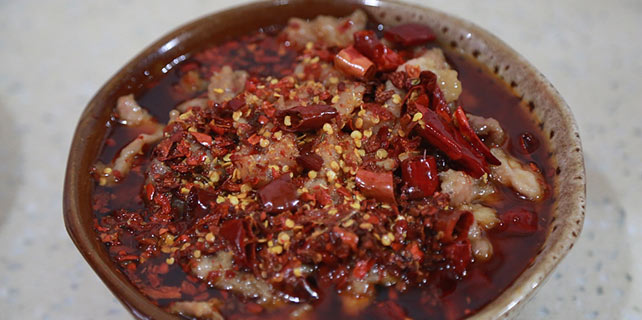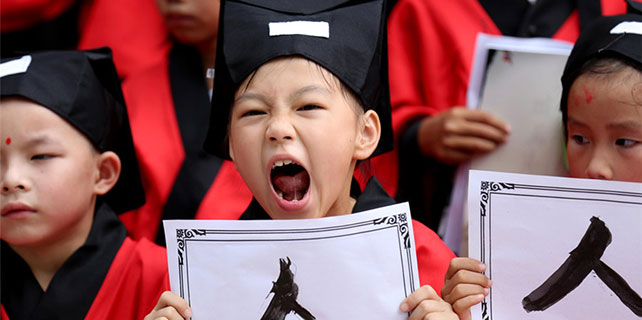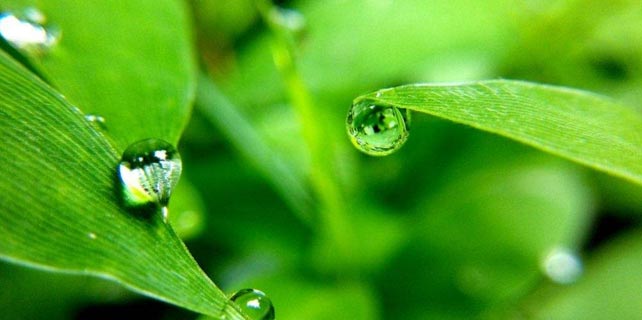Hitting the right notes in life
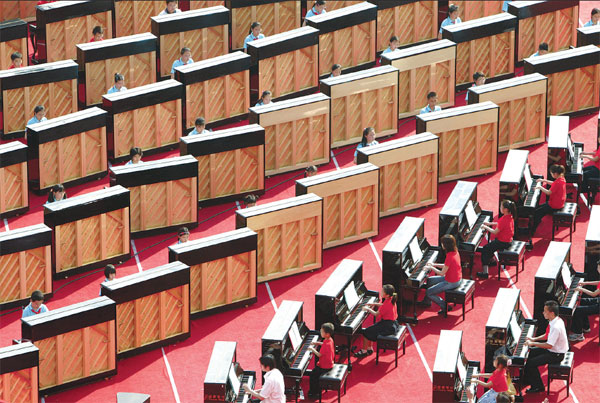 |
|
The piano playing trend started in 1980s, a time when a regular piano cost two year's of wages for the average worker. PROVIDED TO CHINA DAILY |
Once seen as a status symbol and a tool for helping one's child secure placement in top schools, the piano is today regarded more as a means to help with childhood development than for personal gain
Ren Yuan is a mother of 7-year-old pigeon twins who have been learning to play the piano for three years.
Her daughter has evidently been more skillful with the musical instrument, having topped a contest in Shanghai and finishing second in a national competition that pit her against more than 1,000 peers aged 6 to 7. But despite this achievement, Ren has opted to pull the reins in.
"My husband and I wanted the piano lessons to improve their overall temperament and help them become more sophisticated and broad-minded, but her head got swollen with too much pride after the competition," said the 38-year-old mother. "This was contrary to our intentions of sending the twins for piano lessons."
Ren said she believes that learning the piano is also a form of character-building. She claimed that her daughter is now more resilient and determined and can better manage her time.
Although the son has not displayed the same level of skill as his sister, Ren said she will insist that he carries on with the lessons in order to nurture resilience.
"It'll be hard for a child to understand the importance of persistence and not giving up easily if all you do is talk about it. But if he is doing something on a daily basis, he will know what persistence means," she said.
The couple said they had no intention to force their daughter to embark on a musical career.
"I don't want to exclude other possibilities in her future development. Besides, once you've set your mind on going down the professional music path, the child will feel pressured because of the investments you have put in. The fundamental principle of bringing a child up should be happiness," said Ren.
Piano educators said they have seen a growing number of parents like Ren who view playing the piano as more of a self-enrichment tool than a means to stand out.
"Parents today have adopted a different mindset," said Tang Zhe, a professor of the piano department of the Shanghai Conservatory of Music. "Most of them no longer have utilitarian expectations of their children to become musicians, or at least a piano teacher, to prove that their investments didn't end up in vain."
Zhu Yafen, a retired piano professor at the Shenyang Conservatory of Music, pointed out that parents these days are more receptive to their children's ambitions.
"I have heard more and more parents saying that they are very open to what their children will do when they grow up," said Zhu, who once taught internationally renowned Chinese pianist Lang Lang.
"They said they just hope the children would be able to play some music and feel heartened and inspired whenever they encounter ups and downs later in life."




